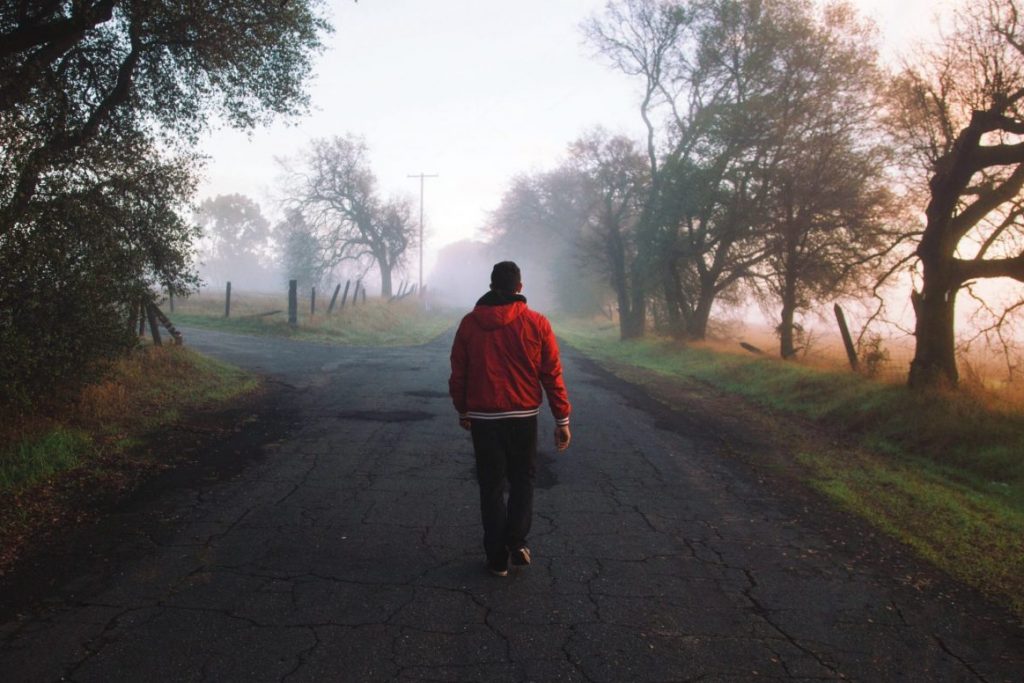Dylan Moore says to improve public discourse, we need to rediscover our moral compass


Dylan Moore says to improve public discourse, we need to rediscover our moral compass

Dylan Moore shares his thoughts on The Welsh Way, a new anthology of essays decrying the hold of neoliberal values in the Welsh public sphere.

Jane Powell explores the benefits of a comprehensive community food strategy that would consider land use for Wales.

Tade Evans depicts the harrowing impact of the disruptions caused by the pandemic on mental health for A-Level students in Wales.

Mark Willmore from Llamau argues the Welsh labour market can pre-empt the risk of homelessness by giving more young people a first job.

ANTZ CEO Jen Pemberton explains why Welsh businesses need to understand and integrate social value in every public procurement strategy.

Hannah Watkin investigates the impact of COVID-19 on Welsh medical students’ lives and learning.

Harry Thompson argues that the First Minister’s recent plan to trial a Basic Income Pilot has the potential to offer groundbreaking, real-life insights into the effects of the policy.

Professor Martin Innes argues the Welsh Government and the Senedd must move to protect Welsh media and politics from disinformation.